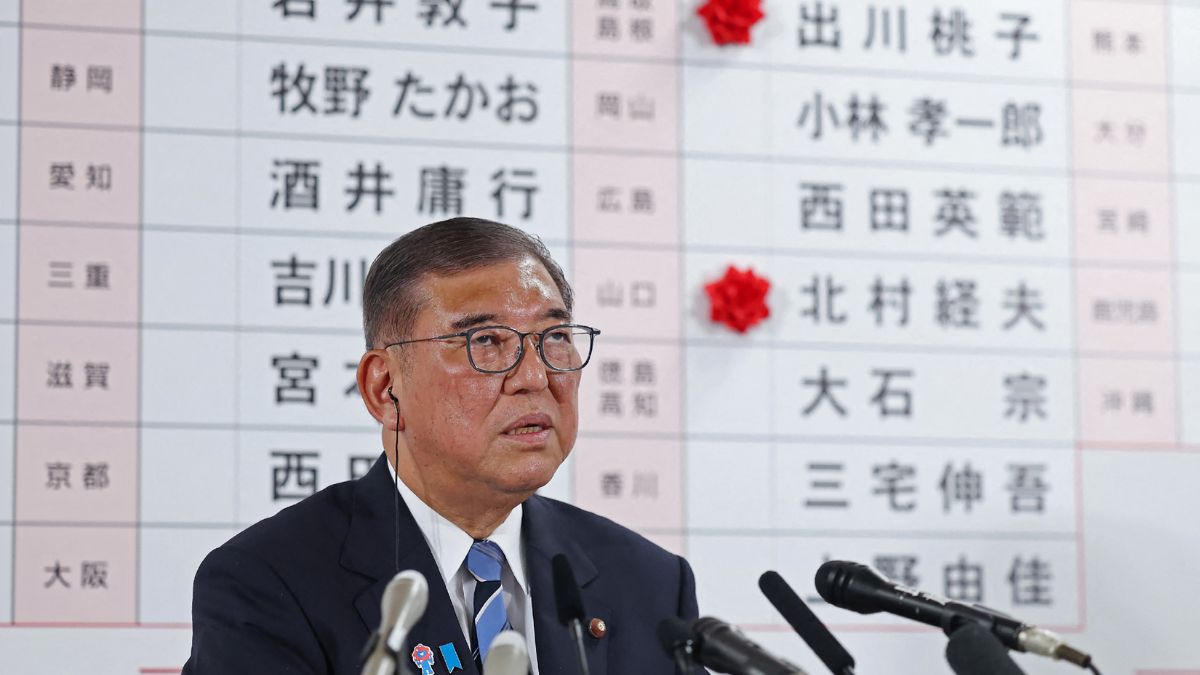Japan’s Prime Minister Shigeru Ishiba announced his resignation on Sunday, stepping down under pressure from his ruling Liberal Democratic Party after a crushing defeat in July’s upper house elections.
apan’s Prime Minister Shigeru Ishiba announced his resignation from the office on Sunday, bowing to mounting pressure within the ruling Liberal Democratic Party (LDP) to take responsibility for July’s upper house election defeat.
“I have decided to resign from the position of president of the Liberal Democratic Party,” Ishiba said, according to the Associated Press.
His decision comes after weeks of growing calls for him to step down from party members, particularly right-wing opponents, who accused him of failing to take responsibility for the historic loss. The LDP-Komeito coalition lost its majority in the 248-member upper house, dropping from 141 to 122 seats.
Ishiba, who became prime minister in October 2024 after finally winning the party leadership on his fifth attempt, had initially resisted resigning, warning it could create a political vacuum. However, Japanese broadcaster NHK reported he ultimately stepped down to prevent a party split, while the Asahi Shimbun said he could no longer withstand the mounting pressure.
His announcement came just a day before the party was expected to decide on an early leadership election, widely seen as a no-confidence move against him. Instead, Ishiba said he would begin the process of organizing a leadership contest to pick his successor, adding there was no need for Monday’s scheduled decision.
The 68-year-old, known as a defence policy “geek” and the son of a regional governor, had led the LDP for less than a year. He rose to power after winning the party leadership in September 2024, becoming Japan’s 10th prime minister since 2000.
At the time, Ishiba promised to “create a new Japan,” focusing on revitalizing rural areas and tackling the “quiet emergency” of population decline. But his snap election gamble in October 2024 backfired, with the LDP suffering its worst result in 15 years and losing its lower house majority with coalition partner Komeito.
His resignation marks a swift downfall and fresh turbulence for the long-ruling LDP, which has governed Japan almost continuously since 1955.
End of Article

)

